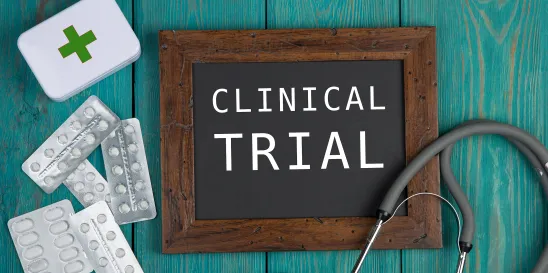In February 2024, the U.S. Food and Drug Administration (FDA) published its finalized guidance concerning its investigational drug charging regulations (found at 21 C.F.R. § 312.8). These regulations are applicable to investigational drugs being used in a clinical trial under an investigational new drug application (IND). This finalized guidance replaces the draft guidance issued in 2016 and provides clarity regarding FDA’s requirements when charging payors or patients for investigational drugs.
In particular, two new recommendations are included in this updated guidance: (1) the need for a submission of a statement by an independent certified public accountant under certain circumstances, and (2) the development of a cost recovery distribution plan.
Charging Regulations
FDA regulates charging for investigational drugs under an IND. A clinical trial sponsor of an IND must generally obtain authorization from FDA to charge for an investigational drug for use in a clinical trial. Clinical trial sponsors are required to meet several requirements in order to compliantly charge third-party payors, including trial participants in some cases, for an investigational drug and must justify the proposed amount to be charged. Once FDA authorizes a sponsor to charge for an investigational drug, however, FDA does not further regulate how the sponsor charges for the investigational drug and whether reimbursement will be received. To determine whether a charge is eligible for reimbursement, the sponsor must look to the applicable third-party payor.
Prior to 2009 when the charging regulations were promulgated, FDA had been employing a previous charging rule from 1987 for charging authorizations relating to investigational drugs. As FDA notes in the instant guidance, the rule was inadequate, not accounting for unanticipated clinical trial charging circumstances, expanded access categories, or the range of recoverable costs for IND investigational drugs. In response, the 2009 regulations were enacted to include the following charging obligations: general requirements, clinical trial investigational drug criteria, expanded access use of an investigational drug (i.e., compassionate use), and assessment of recoverable costs. The additional recommendations in 2024 reflect efforts to bolster accuracy and documentation of cost recovery methodology.
New Recommendations Regarding Cost Recovery Certification and Cost Distribution
The new 2024 guidance provides the following new recommendations for clinical trial sponsors seeking authorization to charge for investigational drugs.
(1) Statement by an Independent Certified Public Accountant
In a clinical trial evaluating a sponsor’s own investigational drug, including new investigational uses of an approved drug, the new guidance clarifies that the sponsor must provide a statement documenting review and approval of the cost recovery calculation by an independent certified public accountant. Under this guidance, “an independent certified public accountant should be a certified public accountant who is qualified to make the required determinations for charging and not an employee of the company or institution seeking to charge for an investigational drug.”
In an expanded access IND/protocol, the sponsor must provide a statement by an independent certified public accountant attesting to review and provide approval of cost recovery calculations. An exception exists when the only chargeable amount for a drug is the cost charged by a third party to the expanded access sponsor. In this circumstance, a public certified accountant statement is not required, as there is no calculation of cost made by the sponsor to implicate 21 C.F.R. § 312.8(d)(3). In this instance, a copy of the receipt or invoice from the third party should be included in documentation by the expanded access sponsor to establish the recoverable costs.
Calculations for cost distribution plans, as described below, must also be reviewed and approved by an independent certified public accountant.
(2) Cost Recovery Distribution Plan
When charging for an investigational drug, FDA clarified that the sponsor of an intermediate-size patient population or treatment IND or protocol, may amortize the distribution of costs related to monitoring and administrative expenses over the course of the trial rather than in the first year.
When charging for an investigational drug, an expanded access IND/protocol sponsor may distribute the drug manufacturing costs over the duration of the IND to defray the costs that are typically greater in the early years of the treatment.
Importantly, even if the request and approval to charge includes an amortization plan, the charging authorizations — for both clinical trials and expanded access use/protocol — expire within one year. Sponsors must receive reauthorization to charge past the expiration date of their original authorization.
This updated guidance should place industry stakeholders on notice to consider implementation of the new FDA recommendations.






 />i
/>i

